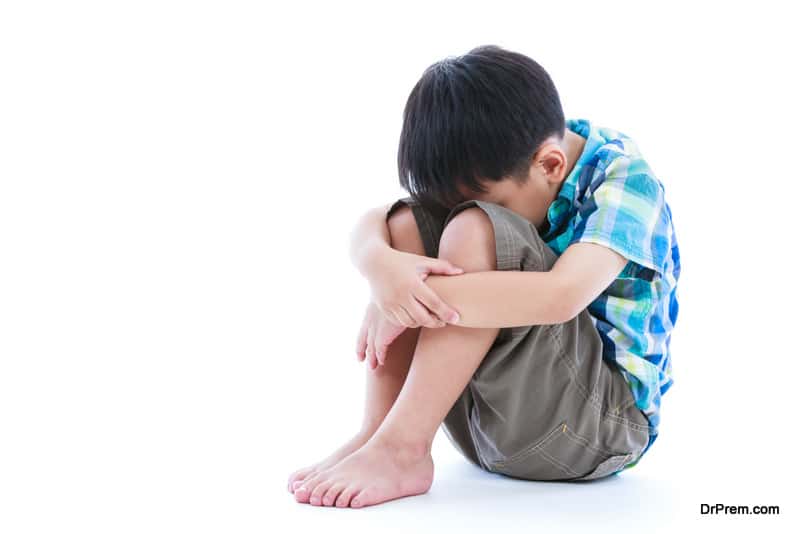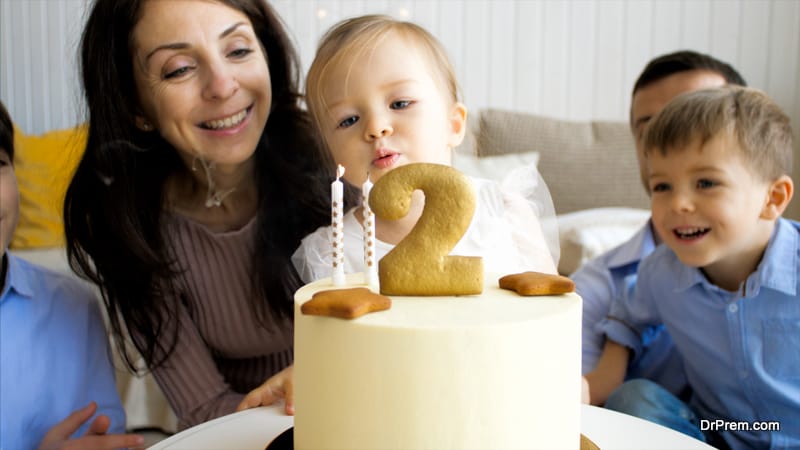From ages we have come to believe that kids are loved the most, looked after and cared for by their parents. However, there is also a darker side to this. Broken families, high divorce rates, ex-marital affairs, child sexual abuse are social evils prevailing in the society. Children being subject to such evils are the ones who are unloved, uncared for. What could be the probable situation in which a child is subject to a hostile environment?
- Broken marriage
- Ex-marital relationship of either of the parents
- Drug addiction
- Alcohol abuse
- Sexual Abuse
- Second marriage
- Mistreatment by step father/mother
- Death of either of the parents or both parents
Research reveals that children exposed to such environments at a young age are more prone to having a stroke as adults. To put it down medically, children who suffer emotional neglect may have a higher risk of chronic cerebral infarction as adults. Adults who have been subject to high levels of self-reported physical or emotional adversity in childhood were more than twice as likely to have chronic cerebral infarctions as those who reported moderately low levels of childhood adversity. However, there is no specific reasoning as to why emotional neglect in childhood puts an adult at a higher risk of stroke, it is inferred that it could be because of lack of self care because of the circumstances.
The survey was conducted included 1040 adults from the “Rush Memory & Ageing Project”. The project has been in inception since 1997 and includes people of age group 55 and above. The findings are based on 195 people out of these 1040, who went through a complete neuropathologic examination. Participants reported emotional trauma in the first eighteen years of their lives. The results were quite surprising. Emotional neglect was found to be deeply associated with many gross and microscopic subtypes of infarction. The types of infraction found to be linked with childhood trauma were:
- Gross Subcortical
- Gross Cortical
- Gross Subcortical Lacunar
- Gross Subcortical Nonlacunar
- Microscopic Cortical
The results reinforce the belief and substantiate the growing body of evidence that suggests a link between traumatic childhood experiences and physical illness in adulthood. It reinforces the belief that experiences of childhood live with people life long. It can make or break your adulthood. Children, who have closely gone through trauma at an early age, often suffer both emotional and physical trauma as adults. Impressions of childhood stay with people for a lifetime. Proper counseling is the only way to minimize the impact of such traumatic situations.




